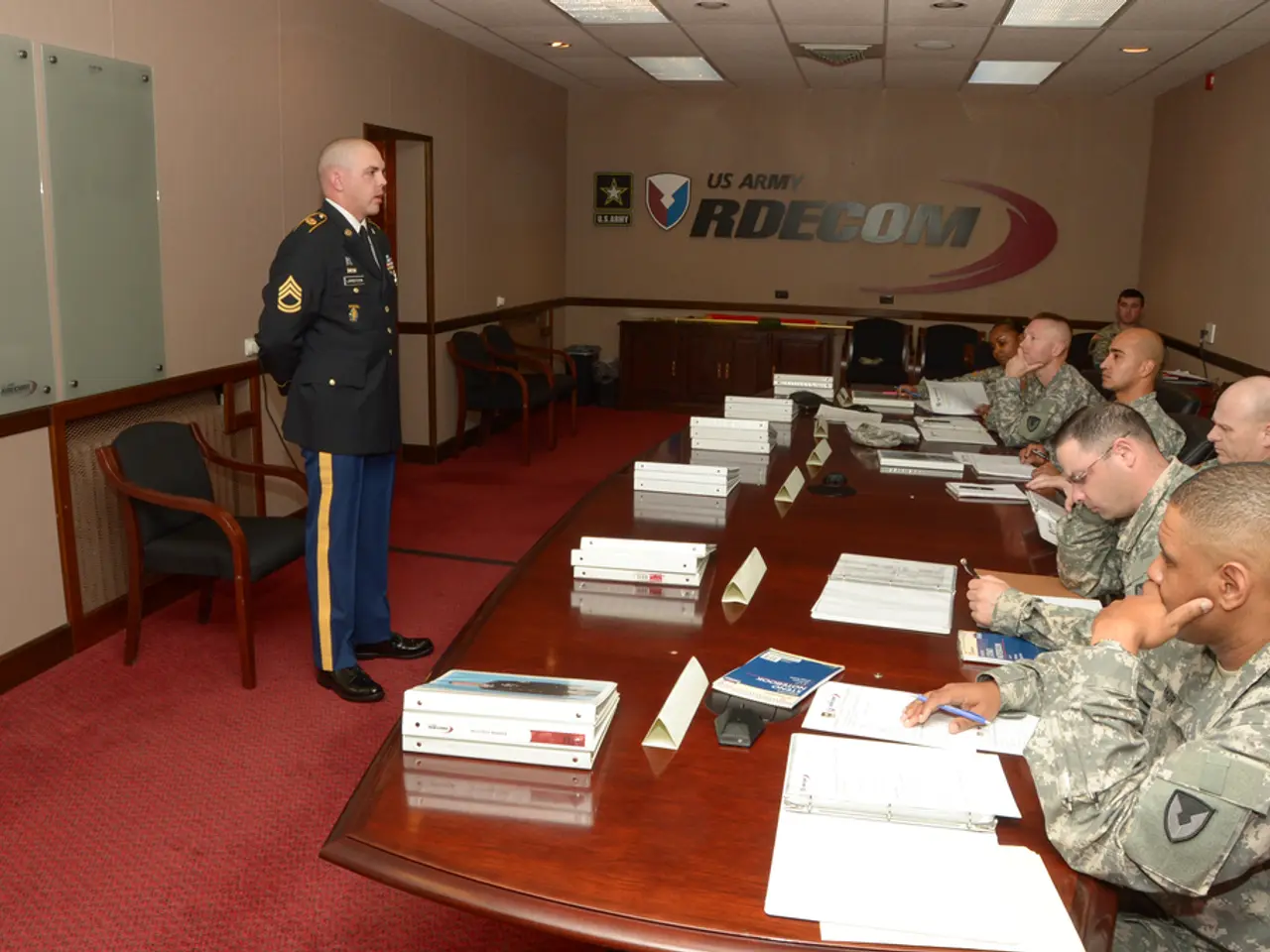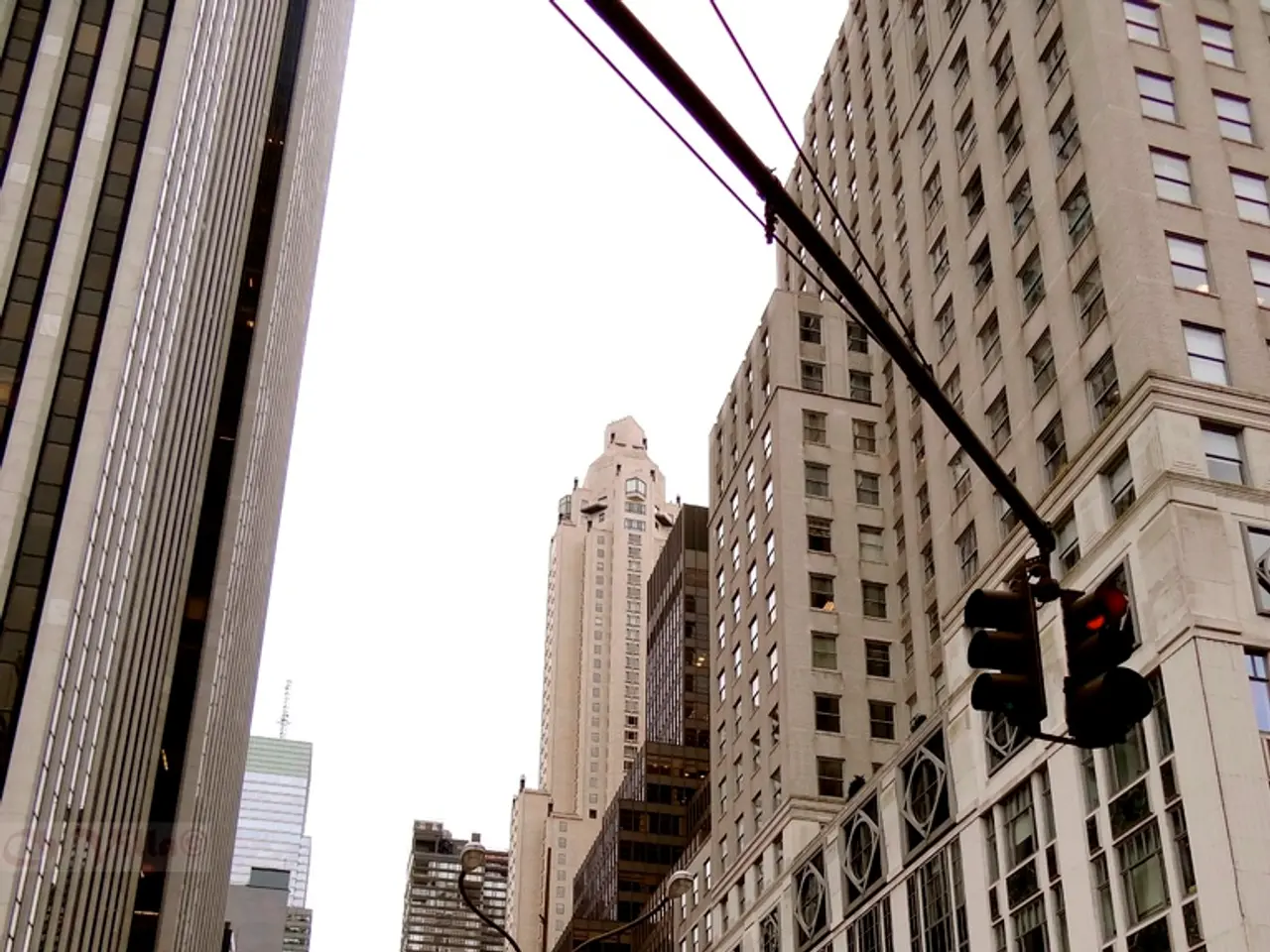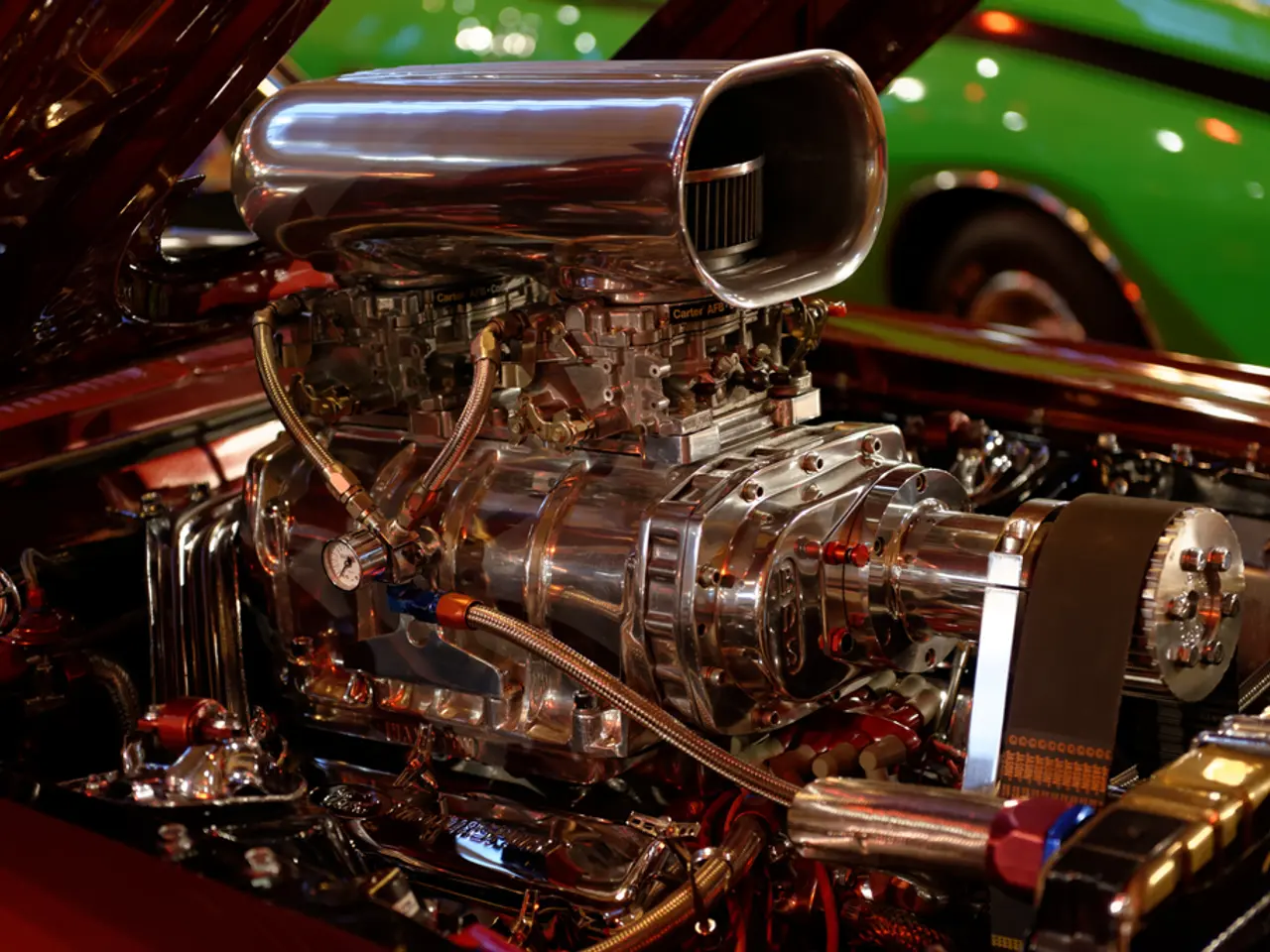Office Space Design Revealed by UiPath CTO: Outlining Spatial Arrangement for Agents, Robots, and Employees
In the realm of workplace automation, UiPath is leading the charge with its innovative approach called "controlled agency." This strategy aims to integrate AI agents and software robots seamlessly into production environments, ensuring they fulfil specific roles within workflows for optimal efficiency.
The core principle of controlled agency is simple: deterministic, repeatable tasks are handled by software robots, while non-deterministic, adaptive decision-making tasks are delegated to AI agents. This approach ensures that AI agents are employed only where their cognitive reasoning and flexibility are truly needed, enhancing the reliability and efficiency of automation processes.
UiPath's platform supports an open ecosystem, allowing interoperability between foundational AI models, third-party tools, and proprietary components. The company's Agent Builder and Maestro tools offer visibility into agent performance, scoring them on clarity, alignment, and completeness, and enabling fine-grained monitoring and control of both agents and robots working in tandem.
A practical example of this approach can be seen in the automation of a loan origination process. AI-powered document processing extracts structured and unstructured data, AI agents conduct eligibility analysis, robots perform system updates and transactional tasks, and humans review low-confidence or complex cases through UiPath's Action Center for compliance and quality control.
Raghu Malpani, chief technology officer at UiPath, is working to apply the controlled agency principle across his firm's technology estate. UiPath Maestro, the orchestration layer, automates, models, and optimises complex business processes end-to-end.
The controlled agency approach addresses common limitations of AI alone by blending deterministic automation's reliability with the flexibility of AI-driven agents. This synergy unlocks real economic impact, as UiPath calls it, "agentic automation."
In the AI world, controlled agency serves as a mechanism for delegating work across different automation and intelligence services. The approach is part of UiPath's continuous transformation in workplace automation, combining AI and RPA within structured, orchestrated workflows to maximise efficiency, accuracy, and adaptive decision-making in the modern business environment.
UiPath's second act involves unifying AI, RPA, and human decision-making to deliver smarter, more resilient workflows without added complexity. The company is addressing key blockers in deploying AI and agent-based assistants across the enterprise, including security and compliance risks, lack of reliability, stalled pilot programs, and fear of vendor lock-in.
With controlled agency, UiPath is redefining the future of workplace automation, paving the way for a more efficient, adaptable, and compliant digital workforce.
In the AI-driven and RPA landscape of business technology, UiPath is building a more efficient workforce by delegating tasks smartly. Artificial-intelligence agents take on adaptive decision-making tasks, while software robots handle deterministic, repeatable tasks in the loan origination process and other workflows, ensuring maximum efficiency. UiPath's controlled agency approach combines AI and RPA within structured workflows, aiming for smarter, more resilient workflows without added complexity, as it serves as a transformative mechanism for the future of workplace automation.




